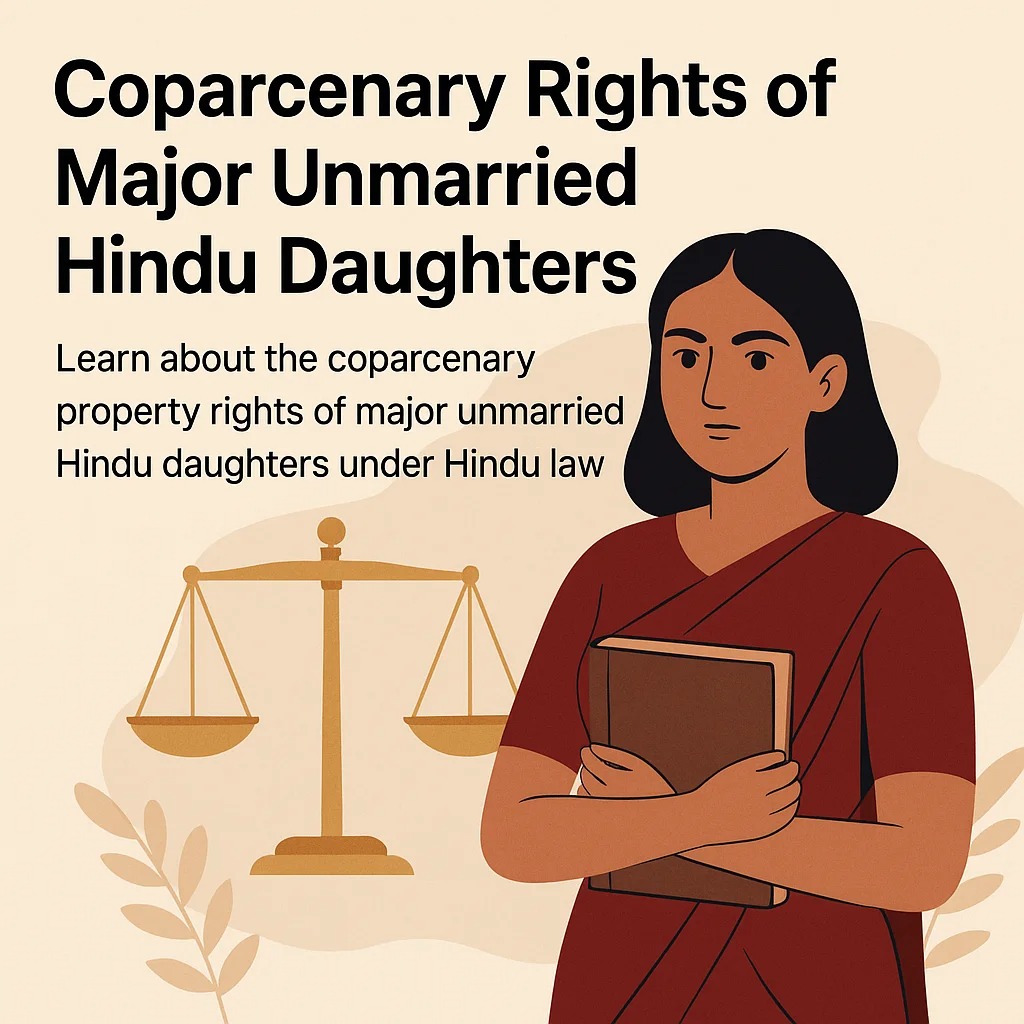@JUDGMENTTAG-ORDER
Hari Swarup, J.@mdashThe Gaon Sabha, Bara, has filed this petition against the order of the Collector dated 28-6-71 by which he permitted the fishermen of village Bara also to catch fish in river Ganga for local consumption and earn their livelihood, and restrained the Pradhan of the Gaon Sabha from interfering in their enjoying that right.
2. The Gaon Sabha, Bara, tried to auction the fishery rights in river Ganga. This was resented to by the local fishermen and some of them filed applications before the Collector for a direction to the Gaon Sabha to stop the auctioning of fishery rights in river Ganga. The Pradhan Gaon Sabha contested the applications and contended that the Gaon Sabha had in the past auctioned the right and earned good profit. The Collector on a consideration of the matter and after hearing counsel for both the parties held that the erstwhile Zamindars had never auctioned the fishery rights in river Ganga before the enforcement of the U. P. Zamindari Abolition and Land Reforms Act (hereinafter referred to as the Act) and that, on the contrary, the fishermen had been catching fish free of charge for local consumption. On these findings, the Collector passed the impugned order.
3. Learned counsel for the petitioner has challenged the validity of the order on three grounds. Firstly, that the Collector had no jurisdiction to issue such an injunction to the Gaon Sabha, secondly, that the order is based on no evidence; and, thirdly, that the order is not in accordance with Paragraph 131 the Gaon Sabha Manual.
4. Dealing with the first point, learned counsel has contended that unless specific power had been given to the Collector to issue an injunction he could not have such a power. Learned counsel for the respondents has contended that the power to pass an order is given to the Collector by virtue of the provisions of the U. P. Zamindari Abolition and Land Reforms Act, the U. P. Panchayat Raj Act and the Gaon Sabha Manual. u/s 28-A of the U. P. Panchayat Raj Act, every Gaon Sabha has to establish a committee to be known as Bhumi Prabandhak Samiti (Land Management Committee) to assist it in the discharge of its duties of upkeep, protection and supervision of all land vested in the Gaon Sabha under the provisions of the U. P. Zamindari Abolition and Land Reforms Act and u/s 28-B of the Act one of the functions of the Bhumi Prabandhak Samiti is to maintain and develop all fisheries and tanks. The same section gives the Samiti a right to exercise all powers of the Gaon Panchayat incidental to the discharge of its duties.
Under Section 126 of the Act, the State Government has the power to issue such orders and directions to the Samiti as may appear to be necessary for the purposes of the Act and it becomes the duty of the Samiti to carry out such orders and comply with such directions. Rules 115-A and 115-B of the Zamindari Abolition and Land Reforms Rules have been framed to give effect to the provisions of Section 126 of the Act. Rule 115-A provides for issuing of directions by the State Government to Samitis. Rule 115-B states that the directions on the subjects mentioned therein shall be issued to the Land Management Committee through the Collector of the District and Explanation (1) states that the directions contained in the Bhumi Prabandhak Samiti Manual shall be deemed to be directions issued u/s 115-A and that the directions contained in the Gaon Samaj Manual, so far as they are necessary for purposes of the Act and not inconsistent with the Rules, have to be deemed to be directions issued under Rule 115-A. In view of these provisions, the directions contained in the Bhumi Prabandhak Samiti Manual and the Gaon Samaj Manual shall be deemed to be directions issued under authority of law.
Sub-paragraph (3-ka) of the Paragraph 131 provides that in case the erstwhile Zamindars did not earn any profit by auction of fishery rights of the rivers and water channels, the Bhumi Prabandhak Samiti shall continue the practice. When the matter came up before the Collector he passed orders obviously to give effect to the direction contained in the Bhumi Prabandhak Samiti Manual. As ultimately it was for the Collector to give consent to any proposal of the Bhumi Prabandhak Samiti in this matter, the Collector must be deemed to possess the power to issue necessary and appropriate directions. He cannot, therefore, be said to have acted without any authority of law in passing the impugned order which is more or less of an administrative nature.
5. Coming to the objection on merits, it is apparent from the order itself that the Collector had taken into consideration relevant material placed before him by the parties, and the order cannot be said to be arbitrary or based on no material. He has stated in his order:--
"From the perusal of the old records it is also clear that the Zamindars concerned had never auctioned the fishery rights in river Ganga over before the abolition of Zamindari but on the other hand the fishermen had been catching fish free of charge for local consumption. The local fishermen, therefore, acquired some sort of easement right which they should be allowed in future too."
The Collector had looked into the old records and had taken into consideration the exercise of similar rights at other places. No evidence other than that considered by the Collector has been referred to in the petition. There is also no ground in the petition to the effect that the order is based on no evidence.
6. Learned counsel then contended that the Collector could have passed the order only if the respondents had succeeded in proving such a custom in their favour and that the evidence in the case was not sufficient to prove such custom. Para 131 of the Manual however, does not speak of ''custom'' but only of ''practise'' which was in vogue before the abolition of Zamindari. If the Zamindars used to auction the fishery rights then it could be continued. If they did not, then the Rule directs that the same procedure would continue, i. e. the fishery rights will not be auctioned. The order cannot thus be said to be contrary to the rules and directions contained in the Manual. On the basis of the finding recorded by the Collector he was justified in passing the order that there will be no auction of the fishery rights. In doing so he only followed the directions contained in para 131 of the Manual.
7. The impugned order does not prohibit the Gaon Sabha from itself exercising fishery rights either directly or through its agents. It only injuncts the Gaon Sabha from interfering with the right of others by creating in itself a monopoly of catching fish through auction in favour of particular individual. The order cannot, therefore, be treated as unreasonable or inconsistent with the Government directions contained in Paragraph 131 of the Manual.
8. Further, the order of the Collector is of an administrative nature and can always be reconsidered by him if further facts are brought to his notice by the Gaon Sabha. In this view also it would not be appropriate to quash the order of the Collector in the absence of its being shown to be patently illegal.
9. In the result, the petition fails and is dismissed with costs.

